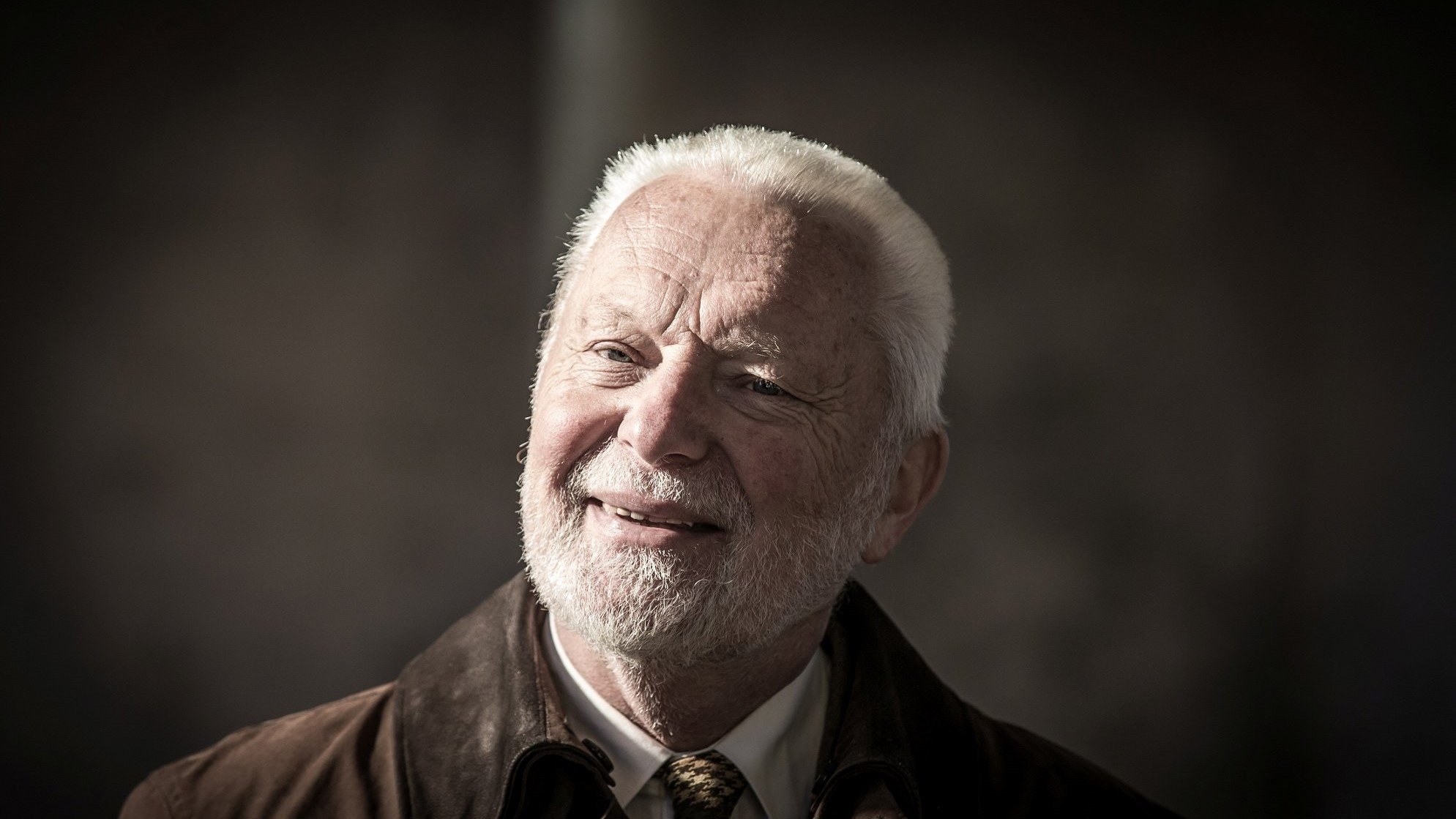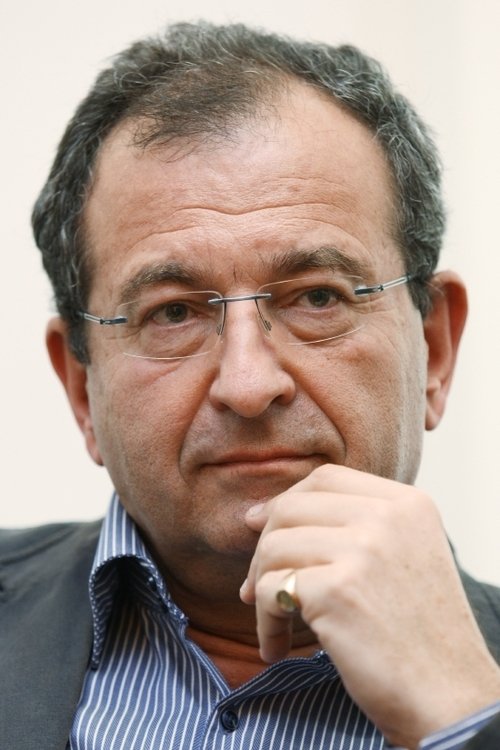
Martin Luther: Pouhou vírou
Watch Movie
Share
Martin Luther: Pouhou vírou
2017
00.0(0 votes)
Documentary
Overview
Links & Resources
Social & External
Production Companies

Cast & Crew
1 member
Acting
Cyril Höschl
Unknown Role


Social & External

Unknown Role
